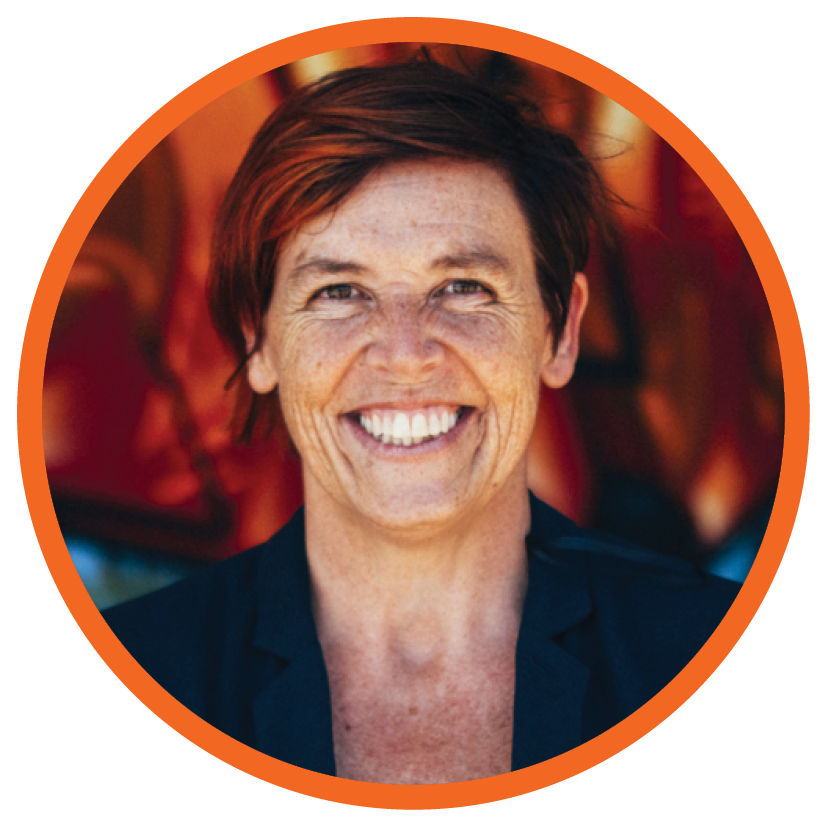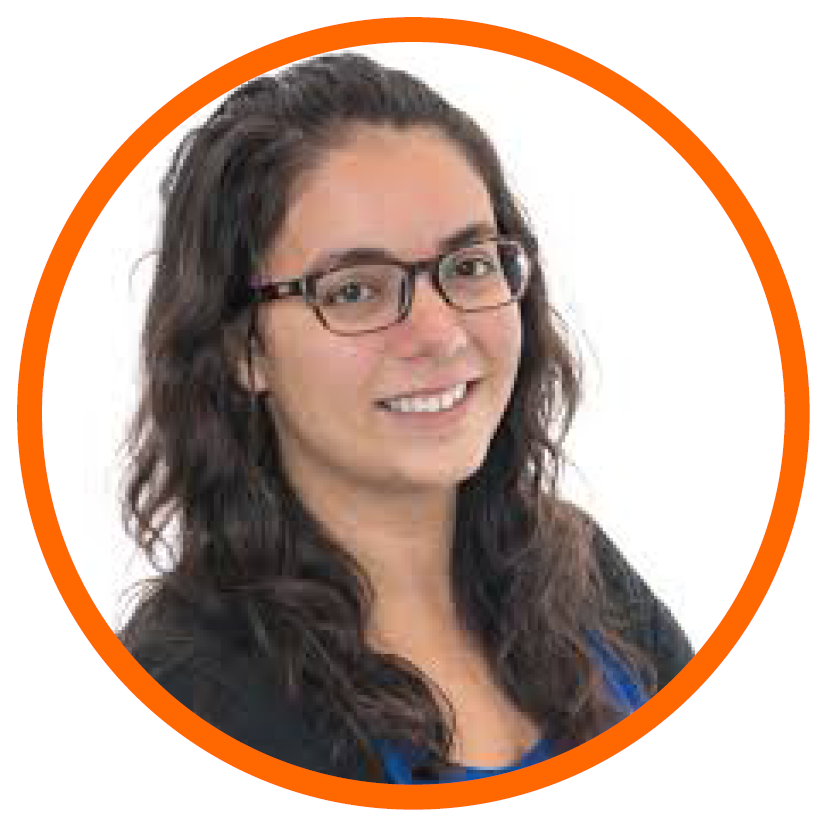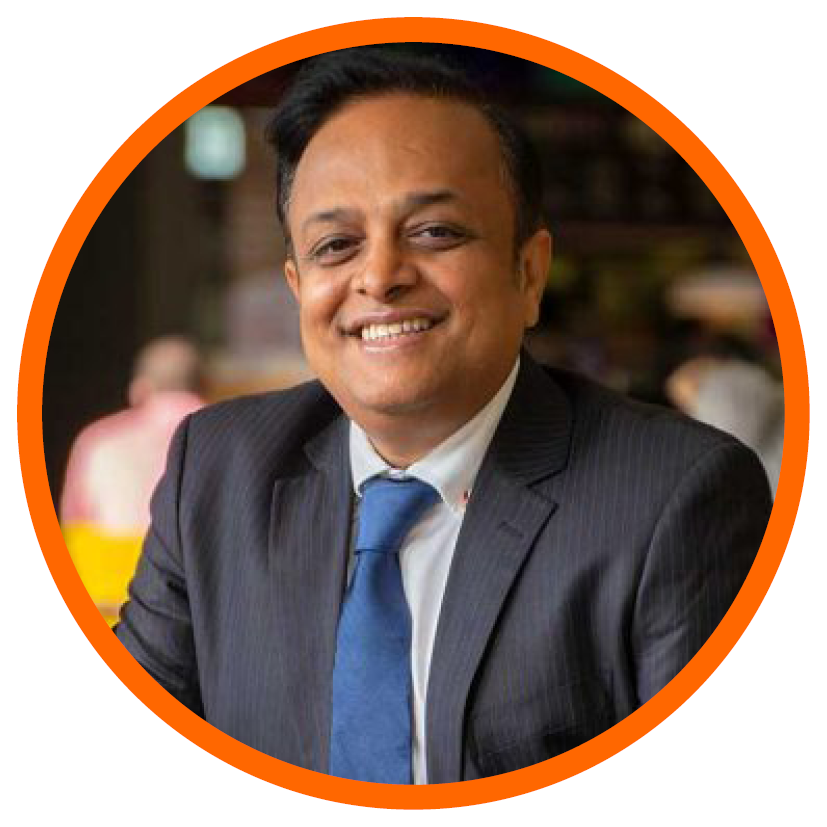LAUNCHED 10 MAY 2023: EXPERIENCES WITH PLATFORM TECHNOLOGY FOR HOME SUPPORT WORKERS – THE NEED FOR A HUMAN CENTRED APPROACH
Synopsis:
Platform technologies are being introduced by health providers in Aotearoa New Zealand to mediate relationships between care recipients and Home Support Workers (HSWs). They have been publicized by those providers as a potential solution to these challenges of health sector strain and ageing population. Much like in other sectors, platform technology is represented as offering autonomy for clients and empowerment for workers. This report critically investigates these claims and the broader impact of the introduction of platform technologies on the working lives of HSWs and their ability to provide dignified care for their clients. Drawing on 16 in-depth Zoom interviews and 1 focus group with Aotearoa-based support workers, we argue that technologies as currently used are exasperating pre-existing systemic failures, which have also been severely exposed by the COVID-19 pandemic.
About the Panelists:

Jan Logie is a Green Party MP based in the Mana Electorate. Jan worked for Women’s Refuge, the New Zealand University Students’ Association, the YWCA and numerous other social causes before entering Parliament in 2011. She served as the Parliamentary Under-Secretary to the Minister of Justice from 2017-2020 with a focus on sexual and domestic violence issues, and is Green Party spokesperson for Disability, ACC, Women, Te Tiriti o Waitangi, Public Services, Children, and Workplace Relations.

Dr. Andrea Fromm is a policy advisor with the NZ Public Service Association Te Pūkenga Here Tikanga Mahi (PSA). After receiving a PhD in political studies from the University of Otago, Andrea continued to focus on issues related to the decent work agenda. Her work has concentrated on labour markets and employment, working conditions and industrial relations and public and community services. Andrea worked with international organisations such as the ILO and Eurofound, as well as with Statistics NZ. Andrea started her career as a social worker.
LAUNCHED 6 JULY 2022: PRECARIOUS ACADEMIC WORK (PAWS) – “THE ELEPHANT IN THE ROOM”
Synopsis:
The Tertiary Education Action Group Aotearoa @TEAGAUnion will be presenting some of the data from the Precarious Academic Work Report (PAWS) report and then hosting a short panel discussion. Precarious working arrangements are a complex, often hidden feature of academia in Aotearoa New Zealand. The report highlights that in Aotearoa we have a highly trained academic workforce who are engaged in long-term cycles of precarity, with resultant impacts on financial security, health and wellbeing. The report also adds further evidence of inequities present in the academic pipeline, with the system discouraging Māori and Pasifika academic careers, while relying on the exploitation of international student labour.
Presenting the findings of the report are: Luke D Oldfield, Rituparna Roy, Aimee B Simpson, Apriel D Jolliffe Simpson and Leon Salter.
About the Panelists:

Chlöe Swarbrick is the Green Party MP for Auckland Central. Chlöe works tirelessly for bold, transformational action on the issues for which she is the Green Party spokesperson, including young people, mental health and tertiary education.

Dr. Sereana Naepi is a Lecturer in Social Sciences at the University of Auckland. A Pasifika woman of Fijian and Pakeha descent, Sereana works to help other Pasifika people not only succeed but also lead purposeful, meaningful and significant lives.

Prof Mohan J Dutta is Dean’s Chair Professor of Communication. He is the Director of the Center for Culture-Centered Approach to Research and Evaluation (CARE), Massey University developing culturally-centered, community-based projects of social change, advocacy, and activism that articulate health as a human right.
LAUNCHED 14 JUNE 2022: MĀORI EXPERT ADVISORY GROUP (MEAG) REPORT TO MINISTRY OF HEALTH – HE KAUPAPA WAKA
He Kaupapa Waka Report – Executive Summary:
As a Māori Expert Advisory Group (MEAG), the advice in this report for the Ministry of Health – Manatū Hauora (the Ministry) has been undertaken with a clear view of accountabilities and Te Tiriti o Waitangi obligations. The MEAG was asked to provide leadership and advice on scoping a training programme for the routine enquiry of family violence, sexual violence, child abuse and neglect (FVSV), for primary health care and community providers, to benefit our whānau. Part of the brief was to examine what elements from the Violence Intervention Programme (VIP), a training programme implemented across all district health boards (DHBs), could be used in the Primary Health Care Sector. This report outlines the work undertaken over 18 months and includes a final set of recommendations for the Ministry to consider.
In writing this report MEAG have been conscious of the multiple audiences, from ministerial and Ministry of Health observers through to whānau and health providers, as contributors.
This audience-based focus is part of the promise of reciprocity to our Māori and Pasifika providers and other organisations who provided their insights, knowledge and experience – this report is to honour their voices.
From those commitments and the desire for an open readership, the content is created to be accessible to all readers. Context explanations in several sections may seem repetitive to some experienced ministry level analytical audiences, but this stance is deliberately taken by MEAG to provide for the whole audience.
The MEAG developed a three-part approach and framework for our work, that is based on the idea of understanding and interpreting the signs from our environment and responding appropriately. The report is laid out using these headings – but emphasises that processes are rarely linear and cycle from, responding to our environment, regularly switching from information gathering to analysis to imagining the future back to information gathering again. The intersectionality and the contextual impact of violence inform each hui we held, and the knowledge that was shared.
